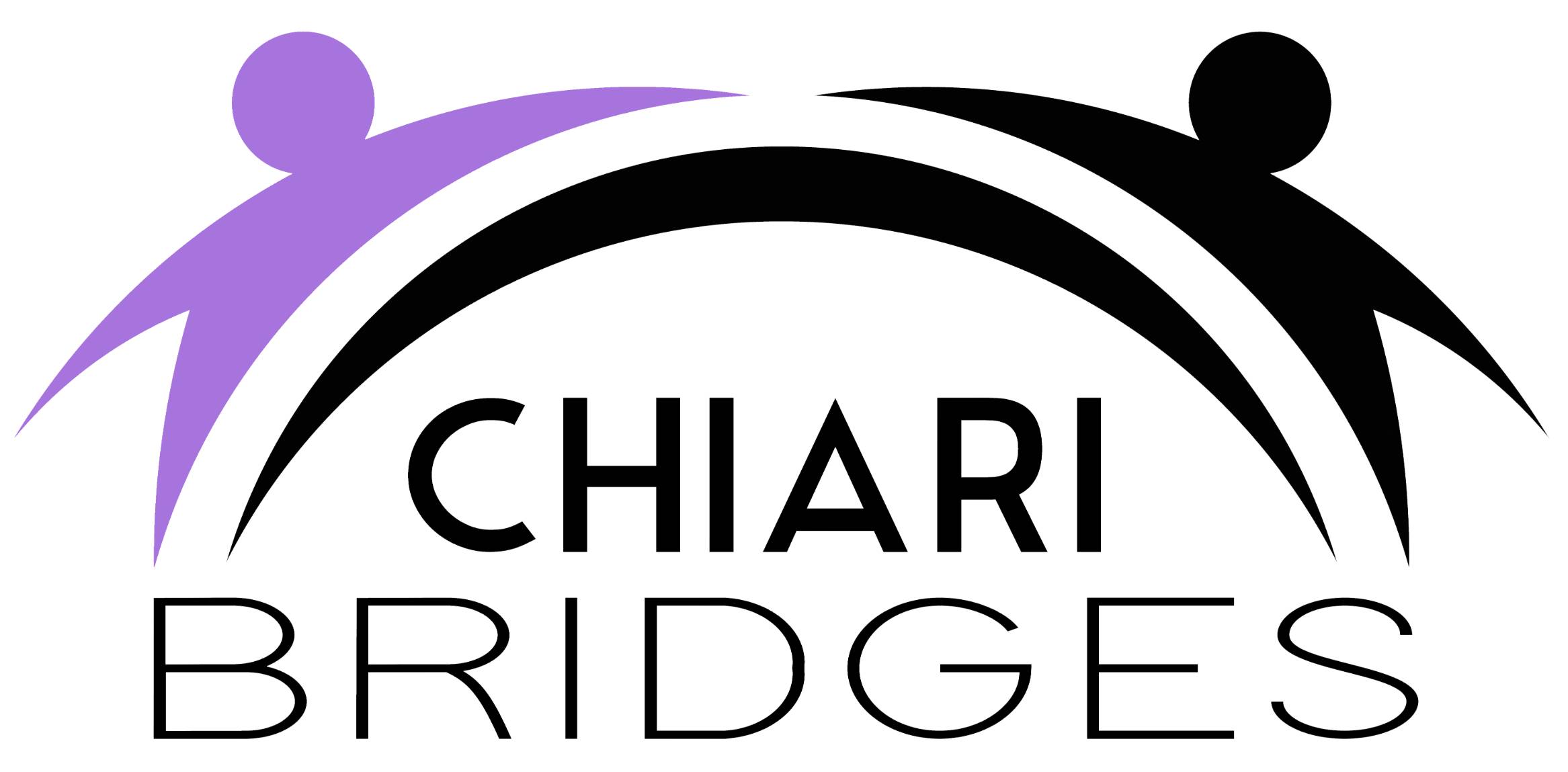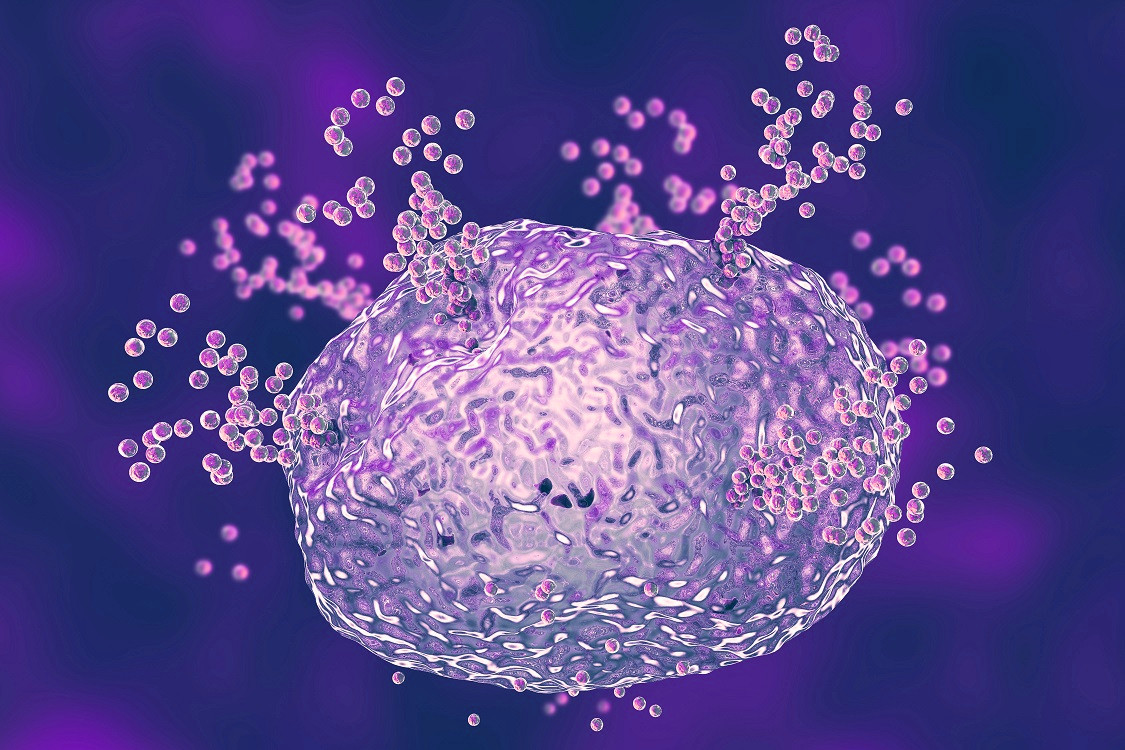Mast Cells are a type of white blood cells found in our connective tissues (all soft tissues in the human body are connective tisssue). They are immune cells in charge of creating immediate immune responses when the body is under attack (immunoregulation). Inside of each mast cell is a cytoplasm of 50-200 granules of proinflammatory mediators.1
Unlike mastocytosis (which involve an abnormal abundance of mast cells), Mast Cell Activation Syndrome (MCAS) involve a normal amount of mast cells that are spontaneously misbehaving. While mast cells are designed to activate in response to antigens (toxins or other foreign substance that can harm the body), misbehaving mast cells (those with MCAS) activate to nonantigenic (normal) substances that are of no threat to the body, as though they are. Once activated, they release chemical mediators, such as histamine, cytokines, leukotrienes, neutral proteases (chymase and tryptase), etc.


